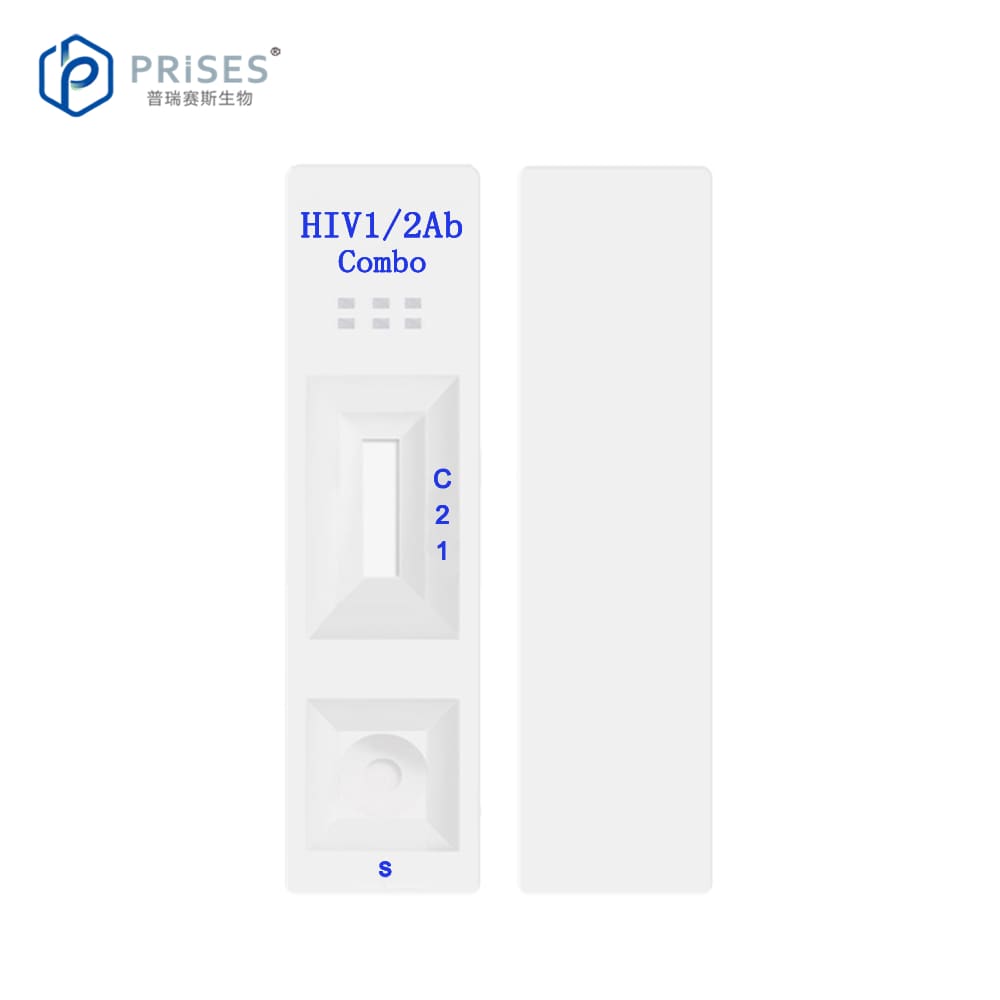Nov . 27, 2024 20:32 Back to list
Testing Factory for LH% Production and Quality Assurance Solutions
Exploring the Significance of Lh Test Factory in Modern Quality Assurance
In the ever-evolving landscape of manufacturing and technology, the Lh test factory emerges as a pivotal resource for quality assurance and product reliability. This modern facility encapsulates the essence of precision engineering and systematic testing, ensuring that products meet the stringent demands of today’s consumers and regulatory bodies.
At its core, the Lh test factory is designed to conduct a variety of tests on products ranging from electronics to mechanical systems. The facility is equipped with advanced testing machinery and technologies, which enable rigorous assessments of quality, safety, and performance. This level of scrutiny is crucial, especially in industries where safety is paramount, such as automotive, aerospace, and medical devices.
Exploring the Significance of Lh Test Factory in Modern Quality Assurance
Moreover, the Lh test factory serves as an incubator for innovation in testing methodologies. As technology evolves, so do the techniques employed to assess product quality. The factory continuously embraces cutting-edge technologies such as automation, artificial intelligence, and machine learning to enhance testing efficiency and accuracy. For instance, automated testing systems can perform thousands of evaluations in a fraction of the time it would take a human operator, thus streamlining the entire process and minimizing human error.
lh test factory

Collaboration is another vital aspect of the Lh test factory’s operations. The facility often works alongside various stakeholders, including manufacturers, regulatory bodies, and research institutions. This collaborative approach fosters knowledge sharing and drives advancements in quality assurance practices. By pooling resources and expertise, the Lh test factory contributes significantly to the development of industry standards and best practices, benefitting the broader manufacturing ecosystem.
Additionally, the Lh test factory emphasizes the importance of sustainability in testing practices. As global awareness of environmental issues increases, the factory adopts eco-friendly testing methods and materials. For example, the facility may utilize non-toxic substances for materials testing or implement energy-efficient processes to reduce its carbon footprint. This commitment to sustainability not only aligns with consumer values but also helps manufacturers achieve their environmental goals.
Consumer trust is a cornerstone of successful products in today’s market, and the Lh test factory plays a crucial role in building that trust. By conducting unbiased and thorough testing, the facility ensures that consumers receive products that uphold quality and safety standards. This, in turn, enhances brand reputation and fosters customer loyalty.
In conclusion, the Lh test factory stands as a beacon of innovation and reliability in the world of quality assurance. Its commitment to excellence, regulatory compliance, collaboration, and sustainability positions it as an invaluable asset for manufacturers striving to meet the demands of a competitive marketplace. As technology continues to advance and consumer expectations evolve, facilities like the Lh test factory will remain at the forefront, ensuring that quality is never compromised. By investing in such testing resources, manufacturers can not only enhance their product offerings but also contribute to a safer and more sustainable future.
-
Highly Accurate hCG Pregnancy Test Strips - 5 Min Results
NewsAug.02,2025
-
Premium Empty ABS Plastic Cassettes: Durable & Lightweight Storage
NewsAug.01,2025
-
Accurate Cocaine (Coc) Rapid Test Kit | Fast & Reliable Detection
NewsJul.31,2025
-
Accurate HCG Pregnancy Test Strips | Fast Home Use Kit
NewsJul.31,2025
-
Reliable Early Pregnancy Test Kit Supplier - Multi Plastic Cassette Options
NewsJul.30,2025
-
Transferrin Rapid Test Cassette – Reliable Tumor Marker Detection
NewsJul.29,2025

